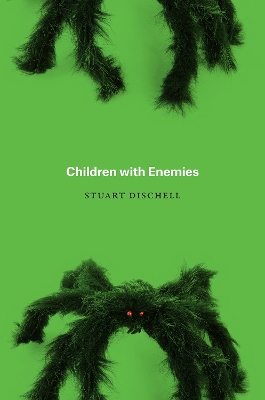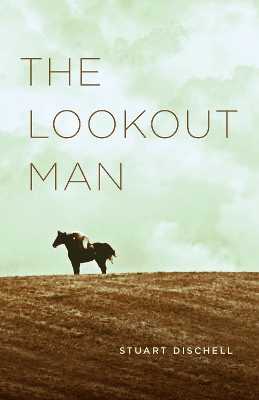Phoenix Poets
2 total works
There is a gentleness in the midst of savagery in Stuart Dischell's fifth full-length collection of poetry. These poems are ever aware of the momentary grace of the present and the fleeting histories that precede the instants of time. Part elegist, part fabulist, part absurdist, Dischell writes at the edges of imagination, memory, and experience. By turns socially outward and inwardly reflective, comic and remorseful, the beautifully crafted poems of Children with Enemies transfigure dread with a reluctant wisdom and come alive to the confusions and implications of what it means to be human.
Vivid poems full of drama and action by award-winning poet Stuart Dischell.
Sometimes elegiac, sometimes deadly comic, and always transformative, The Lookout Man embodies the energy, spirit, and craft that we have come to depend upon in Stuart Dischell's poetry. Inhabiting a mix of lyric structures, these poems are set in diverse locales from the middle of the ocean to the summit of Mont Blanc, from the backyards of America to the streets of international cities. There is a hesitant, almost encroaching wisdom in The Lookout Man, as Dischell allows his edgy vision and singular perspectives to co-exist with the music of his poems. In lines that close the book and typify Dischell's work, he writes, "I will ask the dogwoods to remind me // What it means to live along the edges of the woods, / To be promiscuous but bear white flowers."
Sometimes elegiac, sometimes deadly comic, and always transformative, The Lookout Man embodies the energy, spirit, and craft that we have come to depend upon in Stuart Dischell's poetry. Inhabiting a mix of lyric structures, these poems are set in diverse locales from the middle of the ocean to the summit of Mont Blanc, from the backyards of America to the streets of international cities. There is a hesitant, almost encroaching wisdom in The Lookout Man, as Dischell allows his edgy vision and singular perspectives to co-exist with the music of his poems. In lines that close the book and typify Dischell's work, he writes, "I will ask the dogwoods to remind me // What it means to live along the edges of the woods, / To be promiscuous but bear white flowers."

